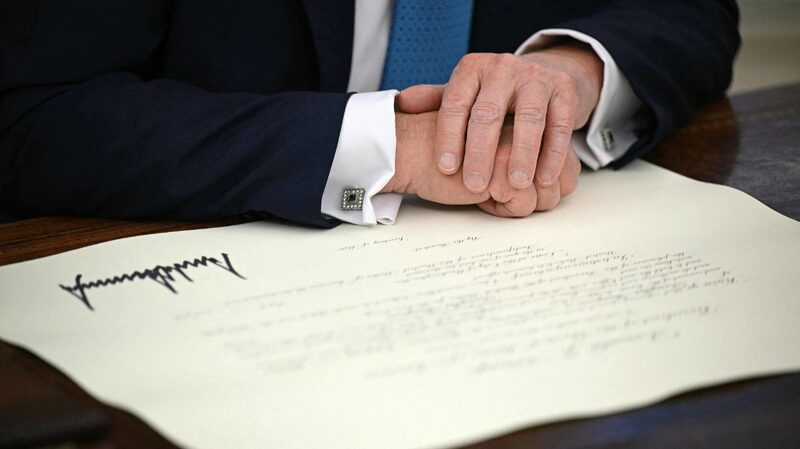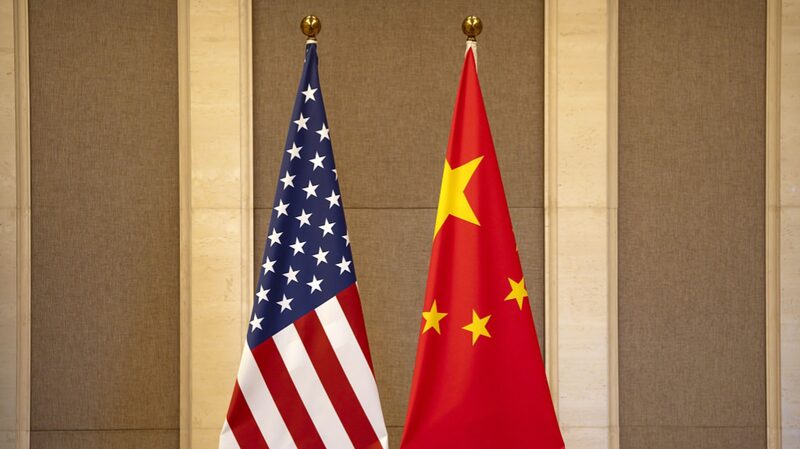Pragmatism Needed for China-U.S. Economic Cooperation
Chinese President Xi Jinping recently congratulated Donald Trump on his election as President of the United States, signaling a potential opportunity to rejuvenate economic and trade relations between the two nations. Despite ongoing challenges, it’s imperative that China and the U.S. pursue pragmatic and reciprocal approaches to foster positive developments in their economic ties, contributing significantly to global economic recovery and technological advancement.
The trade and technology disputes initiated by the U.S. against China have demonstrated that unilateral measures, such as imposing tariffs and erecting technology barriers, are mutually damaging. The trade war failed to achieve its goals of reducing the substantial trade deficit and altering the structural interdependence between the two economies. Instead, it inflicted considerable costs on the U.S.
Reducing imports from China led to supply shortages in certain products, driving up prices and increasing production costs for various finished goods. This situation escalated living expenses for ordinary people and imposed additional burdens on businesses and consumers alike. Moreover, China’s countermeasures diminished the export market for some U.S. products, adversely affecting industries such as agriculture and manufacturing, along with their workforce.
The intensified U.S. restrictions on Chinese technology companies, including Huawei, and the implementation of strict export controls aimed at advancing “technological decoupling” have significantly harmed economic gains and consumer interests in both countries. These actions have disrupted the stability of China-U.S. and global supply chains and could potentially affect the global market positions of both nations in the long run.
Despite these challenges, there remains vast potential for mutual interests between China and the U.S. in trade and technology sectors. Structurally complementary, the two economies maintain strong ties across most sectors, with overall trade volumes remaining robust.
It is crucial for both countries to recognize the mutual benefits of cooperation and to adopt pragmatic strategies that prioritize shared interests. By working together, China and the U.S. can not only alleviate the negative impacts of past disputes but also contribute positively to global economic stability and innovation.
Reference(s):
cgtn.com






